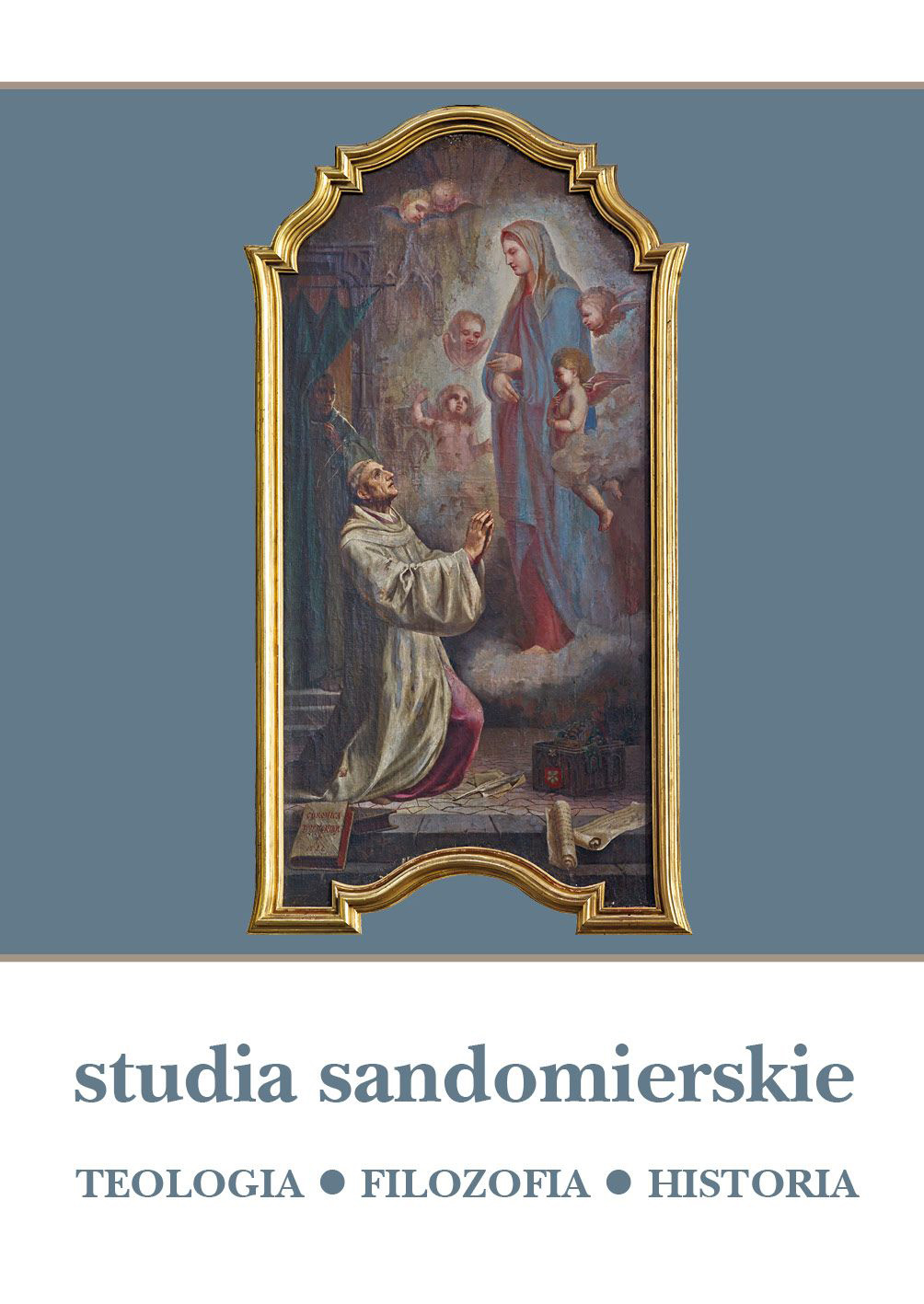Marian Worship and Spirituality in the Tribes of the Bantu Ethnic Group of East Africa
DOI:
https://doi.org/10.15633/sts.2910Keywords:
Mary, Mother of Jesus, ancestor, Bantu tribes, spirits, faithAbstract
The aim of this article is to show the spirituality and Marian devotion among Christians who belong to the Bantu ethnic group, living in most parts of East Africa. It turns out that many customs and traditions of the biblical chosen people, from whom Jesus and Mary came, still find their references and parallels among African tribes today. It is worth mentioning only such values as respect for life, love of family, protection of children and the elderly, remembrance of the achievements and traditions of ancestors, and interpersonal solidarity, especially in the face of suffering. These timeless values create a family and tribal community in Africa, and in the spiritual sense, a community of faith and the Church of Christ. Christianity, therefore, with all the richness of its values, has found good ground for growth and expansion. Respect for the mother and family as well as tribal ancestors is one of the most important values that African people cherish. Hence the great reverence for Mary, the Mother of Jesus, whom believers also consider their spiritual Mother. Africans have accepted Mary as their Mother, who consoles and gives hope in suffering and intercedes with her Son, Jesus.
References
Źródła drukowane
Pismo Święte Starego i Nowego Testamentu w przekładzie z języków oryginalnych. Opracował zespół biblistów polskich z inicjatywy benedyktynów tynieckich (Biblia Tysiąclecia), wyd. 5, Poznań 2003.
Jan Paweł II, Adhortacja apostolska Ecclesia in Africa, Rzym 1995.
Sobór Watykański II, Konstytucja dogmatyczna o Kościele Lumen gentium, w: Sobór Watykański II. Konstytucje, dekrety, deklaracje. Tekst polski, red. nauk. E. Florkowski, J. Groblicki, wyd. 3, Poznań 1986, s. 104–166.
Źródło internetowe
Święto Matki Bożej Królowej Afryki – 30 kwietnia, siostrybiale.org/swieto-krolowej-afryki [dostęp: 29 IV 2017 r.].
Opracowania
Howell H., Leaves from White Father’s Diary, London 1941.
Kościół misyjny. Podstawowe studium misjologii, red. S. Karotempler, tłum. R. Dziura, A. Halemba, Warszawa 1997.
Kręcidło J., Honor i wstyd w interpretacji Ewangelii. Szkice z egzegezy antropologicznokulturowej, Warszawa 2013.
Lukwata J.M., The First Hundred Years of the Bugandan Church and Her Worship: A Historical and Liturgical Survey of the Means and Methods Used in the Communication and Celebration of Faith in Buganda, in Uganda from 1879 to 1979, Rome 1991.
Meeting the African Religions, ed. by H. Gravrand, Roma 1969.
Mbiti J.S., African Religions and Philosophy, London 1969.
Mrio V., The Handmaid of the Lord: Mariology of Its Doctrinal and African Perspectives, Nairobi 2021.
Nsobya A.T., Nnyoko wuuno, Masaka 1958.
Nyamiti Ch., Studies in African Christian Theology, cz. 2, Jesus Christ, the Ancestor of Humankind: An Essay on African Christology, Nairobi 2006.
Order of Celebration of the Liturgy of Hours and the Eucharist according to the Roman General Calendar, Liturgical Year 2021–2022, Nairobi 2021.
Rabczyński P., Postać św. Józefa w apokryfie „Żywot św. Józefa Cieśli”, w: Św. Józef w wierze, kulcie, teologii i sztuce. Perspektywa regionalna i uniwersalna, red. J. Jezierski, K. Parzych-Blakiewicz, P. Rabczyński, Olsztyn 2012.
Saunders W., Why do we call Mary, Our Lady of Sorrow?, w: Straight Answers: Answers to 100 Questions about the Catholic Faith, Arlington 2000.
Sumani W.M., Mothers of Faith: Motherhood in the Christian Tradition, New York 2017.
Szyjewski A., Religie Czarnej Afryki, Kraków 2005.
Tusingire F., The Evangelization of Uganda: Challenges and Strategies, Kisubi 2002.
Waswa A., Mirima H. F., Unveiling Witchcraft, Kisubi 2007.
Downloads
Published
Issue
Section
License

This work is licensed under a Creative Commons Attribution-NonCommercial-NoDerivatives 4.0 International License.
Authors who publish with this journal agree to the following terms:
- Authors retain the copyright and full publishing rights without restrictions, and grant the journal right of first publication with the work simultaneously licensed under a Creative Commons Attribution 4.0 International License that allows others to share the work with an acknowledgement of the work's authorship and initial publication in this journal.
- Authors are able to enter into separate, additional contractual arrangements for the non-exclusive distribution of the journal's published version of the work (e.g., post it to an institutional repository or publish it in a book), with an acknowledgement of its initial publication in this journal.
- Authors are permitted and encouraged to post their work online (e.g., in institutional repositories or on their website) prior to and during the submission process, as it can lead to productive exchanges, as well as earlier and greater citation of published work (See The Effect of Open Access).

